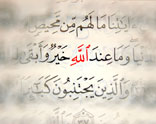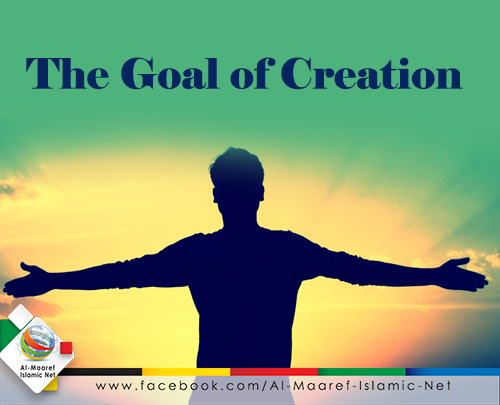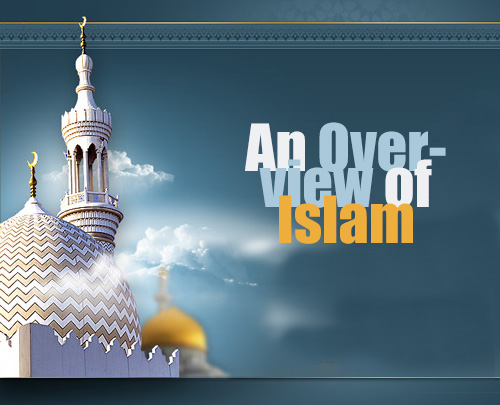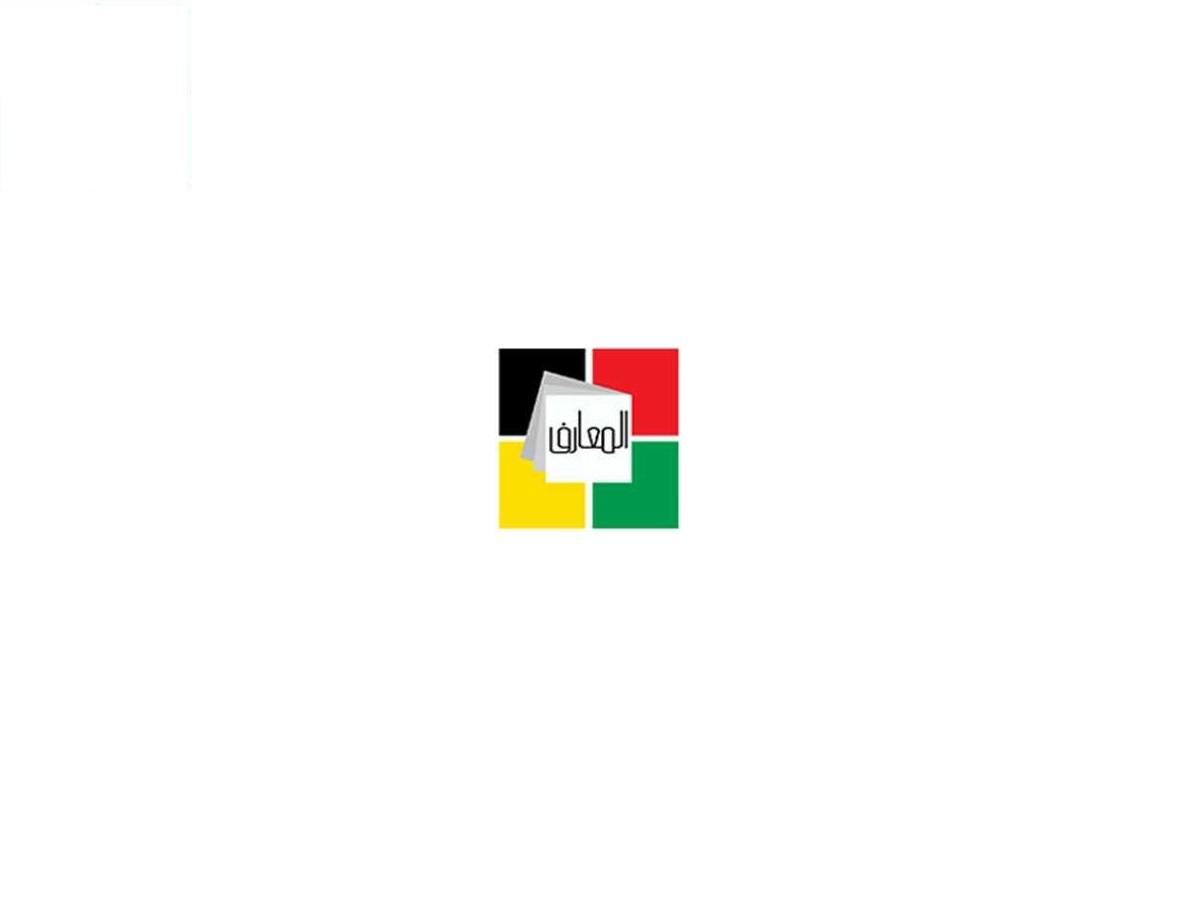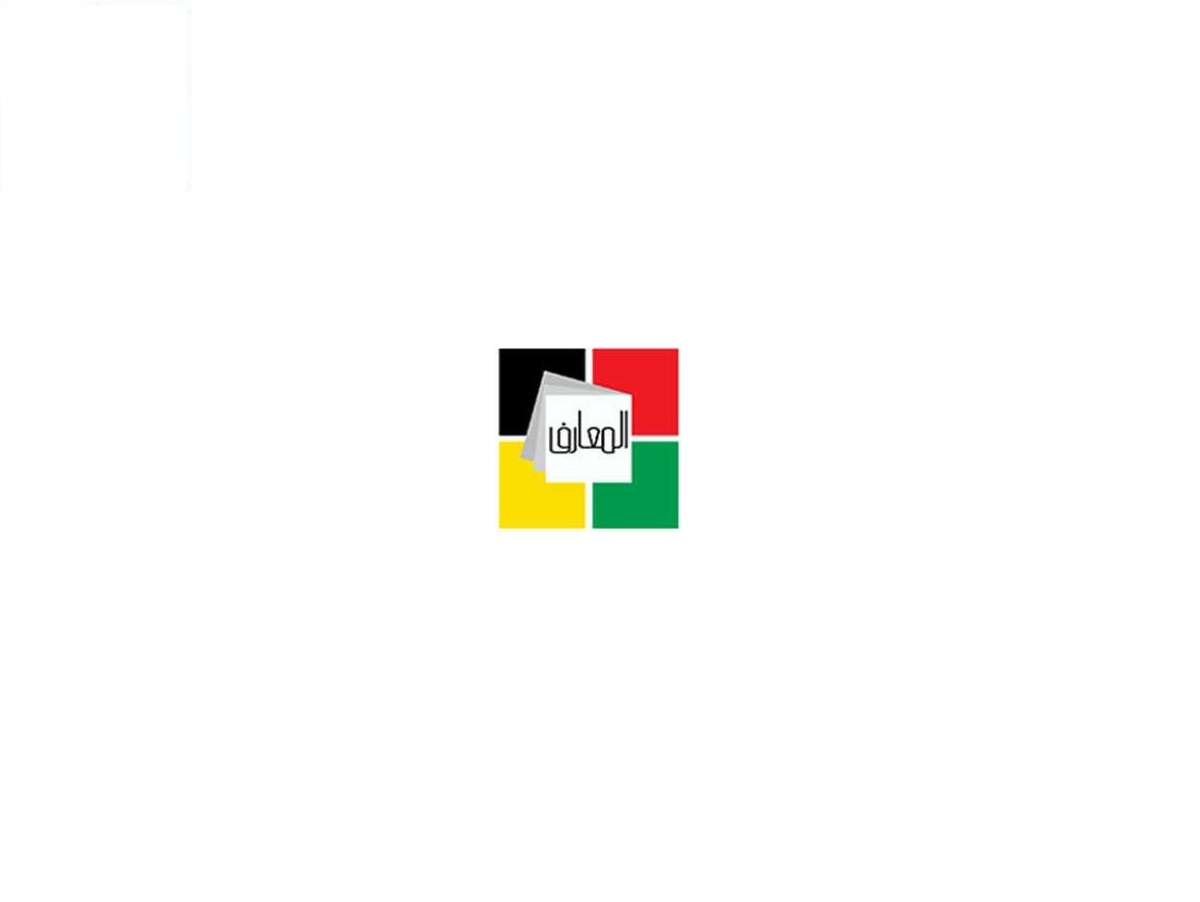(PURIFY YOUR HEART & BODY)
- How do we answer the call?
- Why do we purify?
- How do we purify?
Introduction
We learned previouly that Allah wants us to lead and live the real life which cannot be achieved unless we know him and honor ourselves with getting closer to Him. Thus, He called us to Him and we must answer this call in order to be grateful for Him for honoring and taking care of us. Such response, however, has its morals and forms of purification, prayers, recitation of the Qur’an, dua and supplication, jihad, etc…Now let us begin with the first courtesy that would lead to answering the call of Allah which is purification.
How do we answer the call?
We mentioned in earlier lessons that through out our life we search for real happiness. We also mentioned that the truth for which we have been created and the greatest rejoice that we shall ever achieve is to know Allah and worship him. In fact, it is the greatest pride and happiness.
As we previously mentioned, we are called by Allah to come to him. Allah has honored us with such a call, but let us presume that a great, renowned person invited one of us to a feast during which the latter is to be honored, and supposing that the guest likes that host and the guest wishes to win his host’s friendship, we shall see guest taking care of every thing that makes him look decent in order to meet such a host. You shall see that the guest would do his best to be up to the meeting with such person.
He takes a bath, wears perfume, puts on the best of clothes and adds any other decorations that might be fit. Should he know that his host dislikes something, the invited shall avoid doing the same.
Allah wants us to come to Him decorated with all what increases closeness and amicability to Him. He wants us to take off all what would make Him turn His face away from us.
What He ultimately wants from us is to clean ourselves from all material and immaterial filthiness because they prevent us from coming closer to Him. So, He guides us to the way that leads to wining his love; Allah says, ﴾…and Allah loveth those who make themselves pure.﴿
Allah loves those who reprimand and purify themselves from sins and loves those who purify themselves from filthiness and dirtiness. Allah also says, “In it are men who love to be purified; and Allah loveth those who make themselves pure.”1
Why do we purify?
Material things are the image of immaterial ones. For instance, if man left taking care of his body so that he did not clean himself, or take a bath and stayed like this for a period of time, the following would be obtained:
1- The body shall become dirty and the traces of the same shall be evident on the organs of the body.
2- His clothes would become dirty and he shall look repulsive.
3- Rotten smell shall be emitted and prevailed from his body and clothes.
All the foregoing leads to the reproduction of germs, diseases and then death, in addition to the reluctance of other people. Therefore, cleanliness is too important for the safety of the body and soul. This is why the Commander of Faithful (peace be upon him) said, “Clean clothes prevent sadness and grief and they are purification for prayers.”2
The Greatest Apostle (peace be upon him) also said, “Dirtiness is the worst can a servant do.”3
He also described the importance of cleanliness of the body and clothes by saying, “Purification is halfway to believing.”4
As a matter of fact, man is of two dimensions:
First: His appearance and body.
Second: His inside and soul.
Cleanliness of clothing and body is a cleanliness of the outside whereas repentance and good work are the cleanliness of the inside. As we are supposed to take care of the cleanliness of our bodies, clothes, foods and drinks, we are also supposed to pay attention to the knowledge we acquire in order not to contaminate our inside with sins and wrongdoings.
By purifying from griminess, which is material filthiness, with water, we keep and maintain the cleanliness of our bodies and we become decent when we meet people. Cleanliness from immaterial filth is in line with the same.
Impurity condition requiring ritual or major impurity (Wudui or Ghusul) or Al Hadath in its two aspects hinders fitness and legibility to humans to be among praying individuals or those circling the House of Allah in Mecca. Since Allah knows the effect of slumber, urination, sexual intercourse and touching dead bodies and since He knows that they leave an impeding impact on the honor of worshiping Him, He Himself teaches us how to remove such impediments.
Imam Al Rida (peace be upon him) said about Ritual Ablution or Wudui, “A servant must be purified whenever he is to stand before Allah for prostration, thus obeying Him in all His orders so pure of the filth and impurities. Purity deletes idleness and slumberousness and chastens the heart to be fit to appear before Allah.”
How do we purify?
Impurity is of two kinds: material impurity and immaterial (ritual) impurity.
Material Impurity: It is the material filthiness that occurs to the bodies or clothing: urine, feces or stool, blood, semen, dog, pig, wine, beer and dead bodies.
Hadath or immaterial impurity which is sustained by certain actions by man and it consists of two aspects:
Minor Ritual Impurity: Actions that require minor ablution (Wudui) to be removed such as snooze, urine, stool, unconsciousness, etc…
Major Ritual Impurity: Actions that require major ablution (Ghusul) to be removed such as sexual intercourse, touching of a dead body, etc…
Conclusion
O Dear Brother! Learn from you have witnessed of life. Man’s real life is in his heart and soul not just in his body. If body’s and clothes’ cleanliness are a must, the man’s reality, however, is within his heart. Supposing a person is so accurate and strict in maintaining his apparent cleanliness and had a vulgar and obscene tongue, would he be pure and clean? Should a man be so spiteful and had a dark heart, would he be clean?
Body and clothes have their cleanliness whereas heart and soul have integrity and purity. So, let us be very attentive as for the cleanliness of our hearts. Let us not make them forget Allah. Let us purify them with the water of remorse. Let us always revive them with knowledge, good work and true doctrines and beliefs.
Have you ever cleansed your heart with the water of atonement? Have you ever cleansed your tongue from the sins of gossip and insincerity? Have you ever purified your soul from hatred, prejudice and envy?
If you have, then you are among purifiers and those who are repentant who are loved by Allah and His Apostle.
How to perform minor ablution?
Go to the place where you are going to perform minor ablution:
1- Wash your face with your right hand vertically from the source-place of hair to your chin and horizontally for the area between your thumb and the middle finger. One time is enough.
2- Wash your right arm from your elbow to the tips of your fingers.
3- Wash your left arm from your elbow to the tips of your fingers.
4- Wipe the forefront of your head top to down for a minimum width of your finger.
5- Wipe the surface of your right foot with the palm of your right hand from the tip of your toes to the middle of your foot until you reach the place where your foot is adjoined your leg.
6- Wipe the surface of your left foot with the palm of your left hand from the tip of your toes to the middle of your foot until you reach the place where your foot is adjoined your leg.
Cautions
1- Before you perform minor ablution, make sure that the organs of minor ablution are pure and remove all materials that hinder water from reaching theses organs.
2- The water to be used in minor ablution Wudui must be pure, running (flowing) and not extorted.
3- Washing the face from top to bottom and washing the hands from the elbows to the fingers. Reverse washing in both cases is prohibited.
4- Reverse wiping of the head is also prohibited.
* "Beginning of the Path", "Lesson four". By: Islamic Cultural Knowledge Organization. Knowledge Center for Islamic Studies and Researches.
1- (At-Tawba [Repentance, Dispensation] 009.108).
2- Truths, P.215.
3- Truths, P.215.
4- Truths, P.215.


